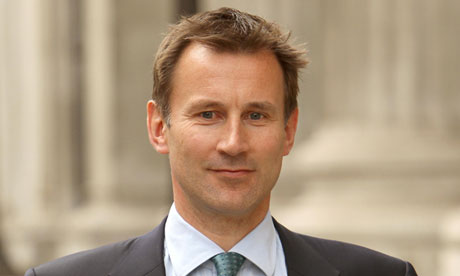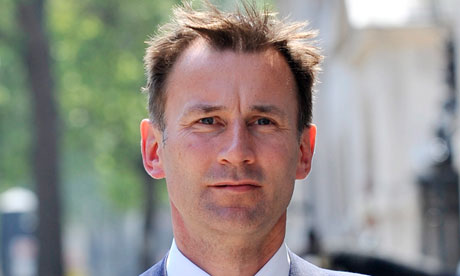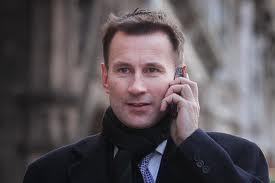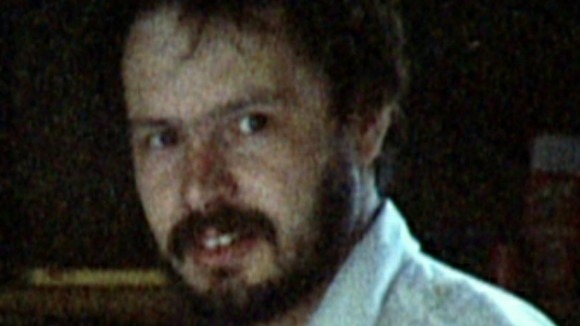Daniel Morgan was found with an axe in his head in a south London car park in 1987
The collapse of a trial of three men charged with committing one of Britain's most notorious unsolved murders has been blamed on failures by police and prosecution.
The conclusions are from a new report into the case of the murdered private investigator Daniel Morgan, killed in 1987 in Sydenham, London.
It said boxes of potential evidence were not disclosed to the defence.
Six investigations have failed to find Mr Morgan's killer.
The report was conducted jointly by the Crown Prosecution Service and Metropolitan Police and said four boxes were left in storage, instead of being disclosed to the defence, three of which were relevant to the trial proceedings.
This resulted in the collapse of a trial at the old Bailey last year.
Axe in head
The report also said several "supergrass" witnesses were not properly handled.
Mr Morgan, who was originally from Llanfrechfa, near Cwmbran, and ran a small private detection agency, was found in the car park of a pub with an axe in his head.
Until his death Mr Morgan was in partnership with Jonathan Rees, whose company Southern Investigations has been linked to alleged email hacking.
The BBC's Tom Symonds said it has been claimed Mr Morgan was killed because he had uncovered evidence of police corruption in south London.
Initial investigations failed to get to the bottom of the case, because, it was alleged, of police corruption.
But in 2006 a new inquiry, codenamed Operation Abelade 2, began and Mr Rees and two other men, Garry and Glenn Vian, were charged with Mr Morgan's murder.
Then in March 2011 the case against them was thrown out because of the prosecution's failure to disclose evidence.
'Clear oversight'
The fresh review of the case concluded the three crates of documents not disclosed to the defence, which related to an earlier money laundering case, were relevant to the proceedings.
“Start Quote
The purpose of the review was to identify potential good practice and learning for both police and prosecutors for future cases”
Met Police/CPS report
The report said: "It became apparent that there had been a clear oversight in respect of these three crates.
"Whilst they were already within the police… they had not been entered in to the police records, nor ever assessed. This was clearly an error.
"These three crates had gone unnoticed and were overlooked, whilst stored amongst many other crates."
The report also blamed the handling of three so called "assisting offenders", often known as "supergrasses".
One, known as Witness B, claimed to have seen the murder take place. However, the report found he was allowed to contact the senior investigating officer on the Morgan murder team, in breach of rules preventing this.
Assisting offenders are only supposed to talk to those responsible for debriefing them.
'Witness unreliability'
The report also said the judge in the case found Witness B was "probably prompted by a senior police officer to implicate Glenn and Gary Vian".
He had also been tipped off that he had been caught lying about his father's death and given the chance to think of an explanation.
Background details about another key witness, Witness A, were not discovered, and a third witness, C, gave police details of other murders which he had got from a missing persons website.
The report added: "This was a truly exceptional case in terms of a combination of factors, namely its age; the size and the number of linked operations; the enormous volume of material generated, particularly unused, and the fact that all three of the... witnesses were undermined, post charge, by factors that adversely affected their credibility.
"In addition there was a lack of scientific evidence."
Daniel Morgan's brother Alastair said he believes he has been placed under surveillance
Cressida Dick, the assistant commissioner of the Metropolitan Police, and Alison Saunders, chief crown prosecutor for CPS London, issued a joint statement following the report's publication.
It said: "This case, as the trial judge said, was of an exceptional scale and complexity, with over three quarters of a million documents gathered over 20 years being examined.
"The issues around the disclosure exercise were such that we could not guarantee that all relevant material had been identified, considered and disclosed so as to ensure a fair trial. A further factor related to the unreliability of critical witnesses.
"To this end, the purpose of the review was to identify potential good practice and learning for both police and prosecutors for future cases.
"What the review was not was an investigation into allegations of corruption; nor was it intended to serve the purpose of an investigation for police disciplinary purposes."
The statement added that the recommendations identified within the review would now be implemented by both agencies. This includes new guidance for using supergrasses.
Surveillance claims
The murder of Mr Morgan was raised at the Leveson inquiry into media standards and ethics in February in evidence from former Metropolitan Police detective and BBC Crimewatch presenter Jacqui Hames.
She told the inquiry that she and her husband, Det Ch Supt Dave Cook, were placed under surveillance by the News of the World after he appeared on Crimewatch seeking information about Mr Morgan's murder.
Ms Hames told the inquiry that Southern Investigations had "close links" to Alex Marunchak, the newspaper's crime editor in the late 1980s.
In a statement, she said: "I believe that the real reason for the News of the World placing us under surveillance was that suspects in the Daniel Morgan murder inquiry were using their association with a powerful and well-resourced newspaper to try to intimidate us and so attempt to subvert the investigation."
Alastair Morgan, Daniel Morgan's brother, said his family believed they too had been placed under surveillance following a critical development in the case in 1998.
News International said it had "no comment" to make on Ms Hames's statement to the Leveson inquiry.










